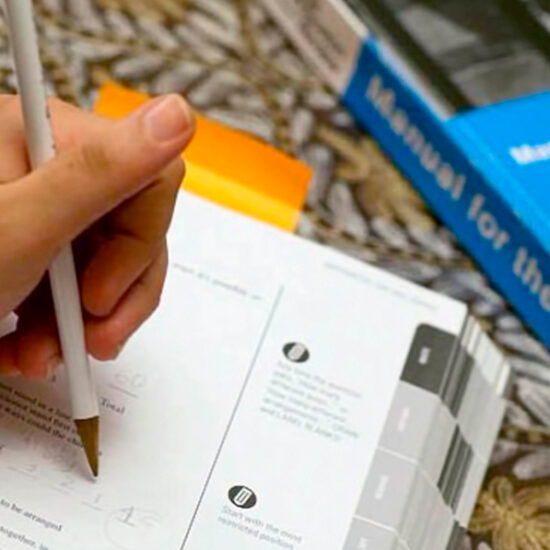SAT, ACT TESTING ACCOMMODATIONS – WHAT YOU NEED TO KNOW
As parents begin to consider standardized testing options between SAT and ACT, there are many who also need to consider testing accommodations. For students who need SAT/ACT testing accommodation, this starts from what they currently have in place at their high school – IEP or 504 Plan. Most private schools differ to the extent in which these learning plans are implemented or called.
WHERE TO START: Parents usually spearhead this process. It starts with knowing what accommodations are currently in place, what accommodations are being actively used in school and what will be needed on these tests.
Note: If the student does not have an IEP/504 Plan in place or has one that is no longer in place, then there will be significant hurdles in getting SAT-ACT accommodations.
There are different types of testing accommodations:
- Extended test time – this is the most common type of accommodation given. It is typically time and a half, other forms include double or triple time
- Large type (18 point) test booklet, alternate answer sheets that do not require student to bubble in the responses
- Alternate test formats: audio DVDs or a reader or scribe
The process of applying for accommodation(s) involves many forms, supporting documentation from school/ doctors and testing information etc. Since SAT and ACT are two separate organizations, the application for accommodations is also separate. You must apply to them individually.
- Collegeboard (administers SAT/ AP and PSAT) – this is somewhat easier to apply for and in many cases school counselors proactively apply for the accommodations as students take their 10th grade PSATs. Once granted, it is a blanket approval that will cover all future AP, SAT and PSAT testing.
- ACT accommodations requires student to be registered for an actual test date before the process can begin. Accommodations are granted for a test day. This typically becomes the biggest hurdle for students and parents when considering ACT accommodations. It however does not mean that families will have to go through the process again and again. Once granted, accommodations roll over.
WHEN DO YOU START?: Start early!! Even though Collegeboard and ACT have streamlined this process significantly over the past few years, it can still become iterative. You don’t want to be surprised and run out of time. Give yourself room to reapply/contest if the accommodations are denied. Reasonably speaking, plan on 12 -16 weeks before your set SAT/ACT test date. This will give you the time to get your paperwork together, follow-up questions/clarifications that Collegeboard or ACT might have and wait for approval.
If you do not have active IEP/504 Plan or need updated testing, then you may need additional time.
Timeline for applying for accommodation(s) will also depend on when accommodation is needed : PSAT, AP, SAT Subject Test etc. Since many students take these tests as early as their sophomore year, this process may begin as early as 10th grade.
Collegeboard and ACT have their specific requirements and forms. More information is available on www.collegeboard.com or www.act.org but generally speaking they will need:
- A documented disability
- If the student has a current IEP or Section 504 plan currently in place
- Kind of testing accommodations the student currently gets at the school
- Follow-up Psych evaluation
Temporary Disability – Collegeboard explicitly states that it does not encourage students to seek accommodations for temporary medical or physical condition.…so broken arm or sports concussion will not be good enough reasons.
Even though the process of applying for accommodations is arduous, it is an important factor in making sure that students with disabilities have a level playing field when it comes to taking these tests.
WHAT NOT TO WORRY ABOUT: Many students deny themselves the opportunity to take these tests with accommodations because they are apprehensive of the optics amongst their peer group or their prospective colleges. Please note that privacy rules prevent colleges from knowing about student disabilities (and hence testing accommodations) unless they are listed on the college application by the student candidate themselves.
Post a Comment
You must be logged in to post a comment.




